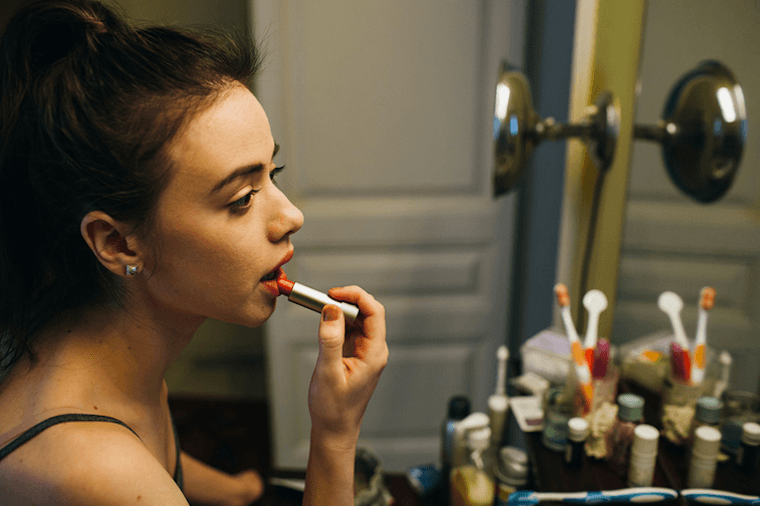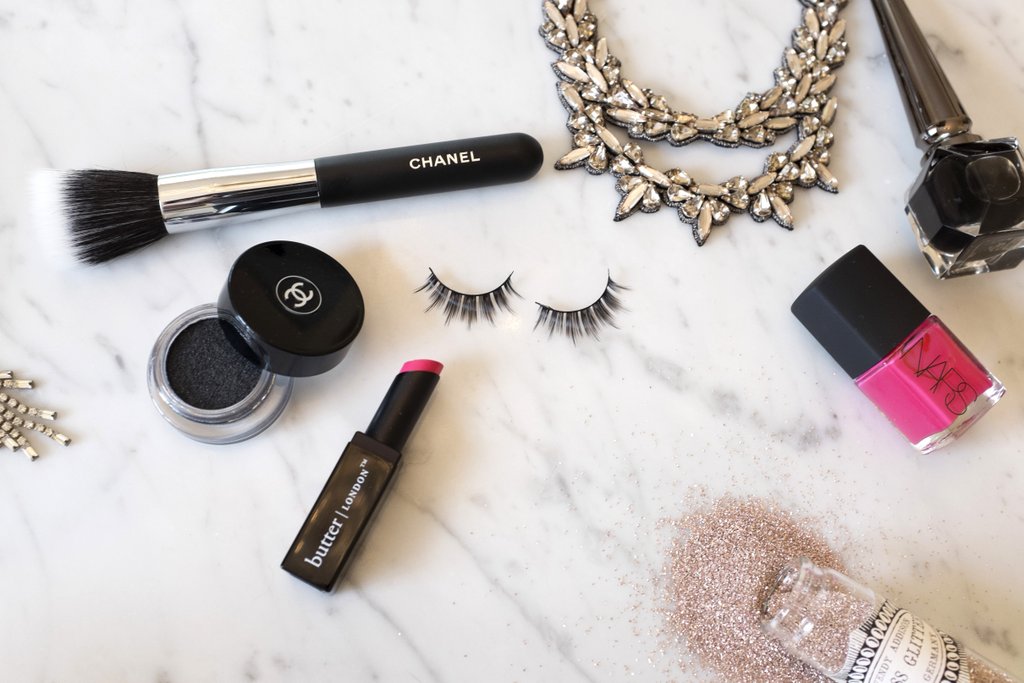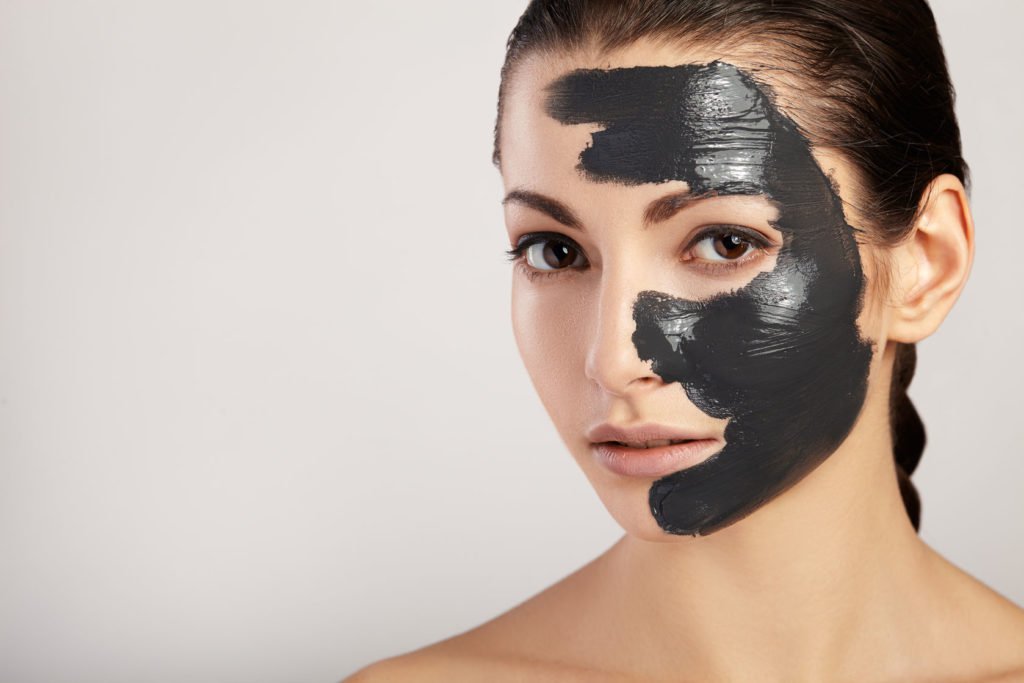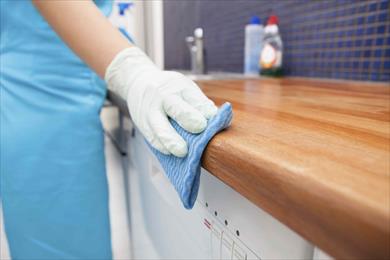When we talk about “detoxing,” we often refer to alcohol and food. We see it as something we need to do when our body needs to rest from overindulgence. However, there are other things that need detox just as much as your stomach – our hair, nails and skin. Practising natural beauty isn’t just a fad that people started taking notice in 2016. It’s an industry-wide move and is something you can greatly benefit from. With that in mind, we listed down some of the chemicals you should look out for so you could easily and effectively detoxify your beauty routine.

1. Parabens
Paraben-free products has been one of the buzz-worthy phrases when it comes to promoting natural skincare movement. Parabens are preservatives used to delay bacterial growth in products – which sounds like a good thing – but are also believe to mimic oestrogen hormones and are related with an increased risk in breast cancer.
2. Formaldehyde
You might recognize this chemical as something that’s used to preserve dead bodies – not exactly something that you’d want to put on your skin. It’s a common disinfectant, fungicide, germicide and preservative that can be found in various cosmetics, such as nail varnish and body and face moisturizers. The same with paraben, it’s also linked to an increased risk of breast cancer so it’s better to ditch it as early as you can.

3. Phthalates
This common solvent is often found perfumes, hair sprays and nail polishes, as it helps in preventing these products from getting too stiff. According to health experts, however, phthalates is a hormone-disrupting chemical associated with breast cancer, interference with reproductive development in male foetuses, and even premature breast development among young girls.
4. Coal Tar
Charcoal may work wonders on your skin, but actual coal will not. Some studies found that coal tar is associated with bladder, kidney and lung cancer, as well as skin tumours. So watch out for this chemical, especially on hair dye labels and get rid of products containing chemicals like carbo-cort, coal, tar, coal tar solution, naptha, estar and petroleum benzin.

5. Anything Synthetic
Whether its colours, flavours or fragrances, opt for products that tout all-natural versions instead of anything synthetic. According to health experts, synthetic colours often come from coal tar and petroleum sources, and are suspected to be a skin irritant, human carcinogen and are even linked to ADHD in children.
Detoxing your beauty routine isn’t that challenging to do if you just know what chemicals to avoid using. So keep these chemicals in mind and ensure that your beauty arsenal is clear of any of these harmful substances.


